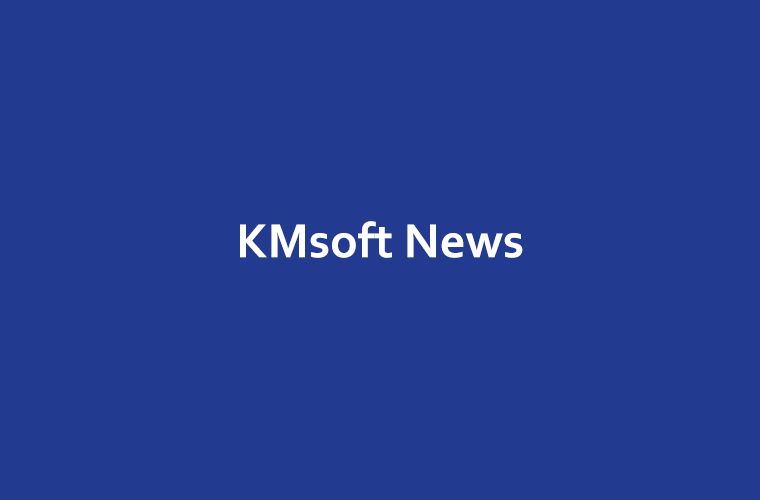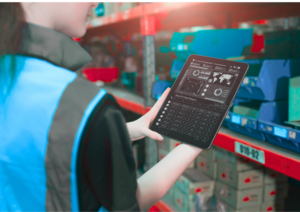As the number of industries adopting GS1 standards grow, finding a recognised expert and GS1 Industry Partner, is critical when it comes to implementing a GS1 compliant system.
What is GS1?
GS1 is an international organisation that develops and maintains standards for business communication, our key area of interest is within its barcoding standard which specifies an internationally recognised format for data contained within a barcode.
Already used for many years within the retail industry, especially in supermarkets, EAN or UPC codes as they were originally known, now use barcodes containing a Global Trade Item Number (GTIN) supplied by GS1.
Growing use of GS1
More recently, NHS England implemented its Scan4Safety initiative, ensuring hospitals can track what equipment and consumables have been used for the treatment of each patient. Subsequently this has meant GS1 compliant barcodes are of increasing importance, and are required by all suppliers to the NHS.
The adoption of a Data Matrix 2D barcode enables suppliers to include information such as expiry dates, lot numbers and serial numbers, into a very small area.
Healthcare is undoubtedly the fastest growing user of GS1 right now. We’re seeing use spin-off into many private healthcare practices such as dentists, opticians and even veterinary practices.
The Federation of European Explosives Manufacturers (FEEM) also requires the use of GS1 compliant barcodes for identification and traceability of explosives for civilian use, and many large vehicle manufacturers are now implementing the GS1 as the standard for automotive components.
So why GS1?
Our primary objective is to improve our customers’ stock management and with the implementation of a GS1 compliant system which utilises application identifiers, or AIs are they are typically known, and we can do just that.
There are over 100 AIs, which are a two to four-digit number displayed in brackets on the barcode, and these define the format and meaning of the following data:
- The most commonly used AI is a Global Trade Item Number (GTIN), allocated by GS1 and unique to the specific product in that packaging
- In the healthcare industry, Global Location Numbers (GLN) are allocated to a location where products are stored or used
Use of a GS1 compliant system, such as StockAssist, for stock management applications, allows users to not only accurately keep track of what products they have in stock, but also enables them to utilise data to the benefit of their business with information at their fingertips.
A system leveraging GS1 AIs ensures optimal stock rotation as well as full track and trace visibility, for example, automatic checking of stock to ensure items with the earliest expiry dates are issued first and alerting users of its location.
Is there a downside?
Many AIs are used for specific purposes and there a very few which are relevant across all industries. The fact remains however that if a forward-looking organisation wants a standardised method to identify products or services, GS1 should be considered as mission critical.
If you’d like to find out more about GS1 and StockAssist, or have requirements a bespoke software development, please contact KMsoft.
Enquire to learn more




